- News
- Reviews
- Bikes
- Accessories
- Accessories - misc
- Computer mounts
- Bags
- Bar ends
- Bike bags & cases
- Bottle cages
- Bottles
- Cameras
- Car racks
- Child seats
- Computers
- Glasses
- GPS units
- Helmets
- Lights - front
- Lights - rear
- Lights - sets
- Locks
- Mirrors
- Mudguards
- Racks
- Pumps & CO2 inflators
- Puncture kits
- Reflectives
- Smart watches
- Stands and racks
- Trailers
- Clothing
- Components
- Bar tape & grips
- Bottom brackets
- Brake & gear cables
- Brake & STI levers
- Brake pads & spares
- Brakes
- Cassettes & freewheels
- Chains
- Chainsets & chainrings
- Derailleurs - front
- Derailleurs - rear
- Forks
- Gear levers & shifters
- Groupsets
- Handlebars & extensions
- Headsets
- Hubs
- Inner tubes
- Pedals
- Quick releases & skewers
- Saddles
- Seatposts
- Stems
- Wheels
- Tyres
- Health, fitness and nutrition
- Tools and workshop
- Miscellaneous
- Cross country mountain bikes
- Tubeless valves
- Buyers Guides
- Features
- Forum
- Recommends
- Podcast
review
£294.99
VERDICT:
Comfortable, clean looking handlebar with good internal cable routing option
Full internal routing
Comfortable aerodynamic tops
Slick look when combined with Vinci stem
Noticeable flex on the end of the drops
Not-so-slick look if not combined with Vinci stem
Weight:
244g
Contact:
At road.cc every product is thoroughly tested for as long as it takes to get a proper insight into how well it works. Our reviewers are experienced cyclists that we trust to be objective. While we strive to ensure that opinions expressed are backed up by facts, reviews are by their nature an informed opinion, not a definitive verdict. We don't intentionally try to break anything (except locks) but we do try to look for weak points in any design. The overall score is not just an average of the other scores: it reflects both a product's function and value – with value determined by how a product compares with items of similar spec, quality, and price.
What the road.cc scores meanGood scores are more common than bad, because fortunately good products are more common than bad.
- Exceptional
- Excellent
- Very Good
- Good
- Quite good
- Average
- Not so good
- Poor
- Bad
- Appalling
The Deda Vinci handlebar is part of a stem and bar series that gives a sleek one-piece cockpit look when combined, but maintaining more adjustability. The handlebar has a comfortable, aerodynamic top profile and full or semi internal cable routing. It is reasonably light but there is some flex, especially at the end of the drops. It is also quite expensive, especially when combined with the Vinci stem.
The Vinci bar can be used with a standard stem, but combined with the matching Vinci stem it looks sleek and offers the potential for full internal cable routing on compatible framesets.
> Find your nearest dealer here
You can run the system more typically, too, with the cable routing internally along the flat profile top section, then exiting through cable ports near the stem. I tested it in this manner, and found the size and position of the cable ports makes it quite easy to route.
It is compatible with all brands and types of brakes and gearing, including mechanical or hydraulic cables and electronic Di2 shift cables, with RS-EW910 junction box compatibility for the bar end.
The handlebar is available in 40, 42, 44 and 46cm widths, measured outside to outside, and has a shape that Deda calls RHM (Rapid Hand Movement), with a traditional rounded 130mm drop, 75mm reach, and no sweep.
I found it comfortable, with the aerodynamic profile top also making for a good place to rest the palms while riding on the hoods, helped by the wide section extending right to where the bend begins. The bar has a sharp angle to the hoods, which was quite tricky to tape neatly – I would recommend using some bar tape that has a little stretch.
While riding and when holding either the tops or hoods, the handlebar feels firm but not to the extent that it's uncomfortable. As the hand position moves down to the drops within reach of the brakes there is a slight amount of flex noticeable, which does increase comfort a little, but move down further to the flat section at the end of the drops and it becomes exaggerated – and dramatic. While I have no doubt it is perfectly safe and will have been tested, there is no maximum rider weight given, but I am around 65kg and I would imagine heavier riders would notice it even more. That said, it isn't a position that many riders will use often – unless you like to climb like Pantani.
The handlebar comes with aerodynamic foils that are designed to fit and smooth the profile to the Vinci stem, but it's possible to remove them to fit Deda's compatible clip-on aero bars, or if you remove just one there's space for an out-front computer mount (if you are not using the Deda stem-mounted option, which I've also been testing – full review to come).
With aerodynamic foils included, the handlebar weighs 244g, which in itself is a competitive weight, and without the foils that drops to 230g, although that will impact the looks and potentially the aerodynamic profile. That low weight is hampered when using the full Vinci setup as the stem is rather weighty at 249g for the 110mm option.
The £294.99 asking price will no doubt make some do a double-take, but it is on a par with some similar aerodynamic setups – the Pro Vibe Aero Carbon is a fiver more at £299.99 – and cheaper than others, such as the Easton EC90 Aero which has gone up to £309.99 since we tested it, or the Vision Metron Aero which is even more – now up to £429.99 since we tested it.
> 13 of the best drop handlebars — how to buy the perfect bar
If you factor in the Deda Elementi Vinci stem (full review to come), which is another £139.99, it makes a pricey overall package, but it does create something that genuinely stands out against other brands, giving a very clean look.
If you like a more traditional curve but want a more modern approach with an aerodynamic shape, which I also found very comfortable, the Deda Vinci will appeal. If you frequently use the very end of the drops, though, the amount of flex here might be a little offputting.
Verdict
Comfortable, clean looking handlebar with good internal cable routing option
road.cc test report
Make and model: Deda Elementi Vinci handlebar
Size tested: 42cm
Tell us what the product is for and who it's aimed at. What do the manufacturers say about it? How does that compare to your own feelings about it?
Deda's UK distributor Chicken CycleKit says: 'The new Vinci handlebar, designed without compromise for perfect integration with the Vinci stem. The new DCR (Deda Internal Cable Routing) system allows fully internal cable routing inside the handlebar.
'The Vinci cockpit ideally matches the modern philosophy of racing bikes designed to be aero while still being light and most importantly stiff. The detail and precision that Deda have put into this handlebar is instantly evident when looking at the aero profile and cross section that has been designed to minimize drag and provide an ergonomic grip for any riding style.
'The handlebar also features Deda's modern RHM shape for an incomparable grip on the drops. The handlebar features two removable foils to be compatible with Superzero clip-on bars or any computer mount.'
Tell us some more about the technical aspects of the product?
From Chicken:
Tech Specs
Shape: RHM - Rapid Hand Movement
Material: Carbon UD
Handlebar Dia: 31.7mm
Depth: 75mm
Drop: 130mm
Width: 40/42/44/46cm
Weight: 205g (42cm)
Notes: Compatible with Campagnolo EPS – Shimano DI2 cable routing, Compatible with full internal cables routing (up to 4 cables)
Rate the product for quality of construction:
9/10
Rate the product for performance:
8/10
Rate the product for durability:
8/10
Rate the product for weight (if applicable)
8/10
Competitive weight (244g) against standard carbon handlebars and especially against bars with an aero top profile. Weight without aerodynamic foils is 230g.
Rate the product for comfort (if applicable)
8/10
Rate the product for value:
5/10
Tell us how the product performed overall when used for its designed purpose
I really liked the handlebar – the more I used it, the more I liked it, with its traditional style drop but modern, slim aerodynamic top section. Overall the comfort was quite good and the weight is on a par with others. The only potential problem is the flex at the end, but for me it isn't a common position to hold.
Tell us what you particularly liked about the product
The shape and the comfort, in particular the wide aerodynamic profile that extends to the edge that makes a comfortable place to rest the hands when using the hoods.
Tell us what you particularly disliked about the product
The amount of flex on the flat section at the end of the drops is quite extreme.
How does the price compare to that of similar products in the market, including ones recently tested on road.cc?
While the handlebar is expensive, the price compares well with some other high-end offerings. The Pro Vibe Aero is £299.99, the Easton EC90 Aero is now £309.99 since we tested it, while the Vision Metro Aero is now £429.99. Ritchey's WCS Carbon Streem is cheaper, though, currently listed as £268.
Did you enjoy using the product? Yes
Would you consider buying the product? Yes
Would you recommend the product to a friend? Yes
Use this box to explain your overall score
When I first installed the handlebar I was a little sceptical, but as I have continued to use and test it, the shape and comfort that it provides has grown on me considerably. Despite using and testing many different carbon handlebar designs I have never experienced the amount of flex that the Vinci bar has at the end of the drops. As time went on I realised that I very rarely use that section of the handlebar, though, and all usual positions are stiffer while still being comfortable.
About the tester
Age: 35
I usually ride: My best bike is: Cannondale SystemSix
I've been riding for: Over 20 years I ride: Every day I would class myself as: Expert
I regularly do the following types of riding: road racing, cyclo cross, sportives, mtb, Lots of gravel style riding
Matt is an endurance nut who loves big rides and big events. He's a former full-time racer and 24hr event specialist, but now is also happy riding off-road on gravel bikes or XC mountain bikes and exploring the mountains and hills of Mid Wales.
Latest Comments
- David9694 45 min 53 sec ago
I usually just screen shot the picture, re-upload and that solves it. I also find some pictures saved from news sites won't upload and screen...
- David9694 52 min 40 sec ago
Spare a thought for Phil from Fowey whose cut-through is closed; if only there was an alternative. He's even done a video. ...
- chrisonabike 58 min 34 sec ago
Even in NL (with excellent wide cycle infra, some of which actually started as motor scooter paths) they're having second thoughts about "motor...
- chrisonabike 1 hour 4 min ago
It should be possible to check the figures out for NL where the have (civil) presumed liability, no?...
- brooksby 1 hour 14 min ago
Yup - they ought to return it as defective
- chrisonabike 1 hour 16 min ago
Dunno about Ireland, but in the UK we already have "causing death by dangerous driving" - brought in IIRC because the courts wouldn't charge or...
- Capt Sisko 1 hour 20 min ago
SIXTY QUID - They're having a laugh.
- chrisonabike 1 hour 38 min ago
Exactly - "war on the motorist" when it's probably never been better (in terms of cost, safety, sometimes convenience although the presence of ever...
- HollisJ 2 hours 34 min ago
Make fun of people who want to spend their money however they wish (much as I think this is a twatty thing to do), but are you seriously making a...












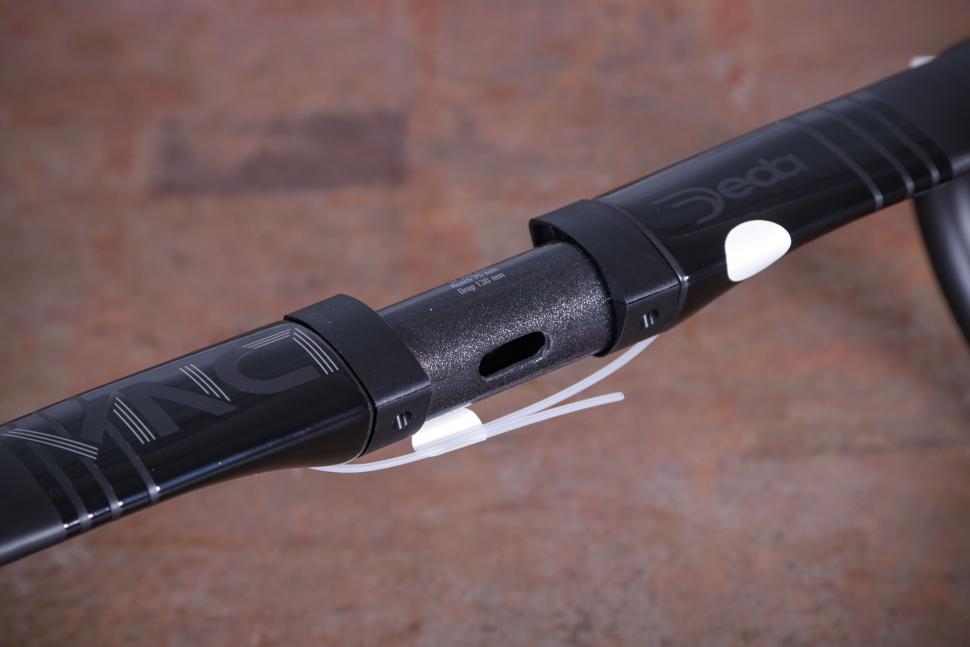
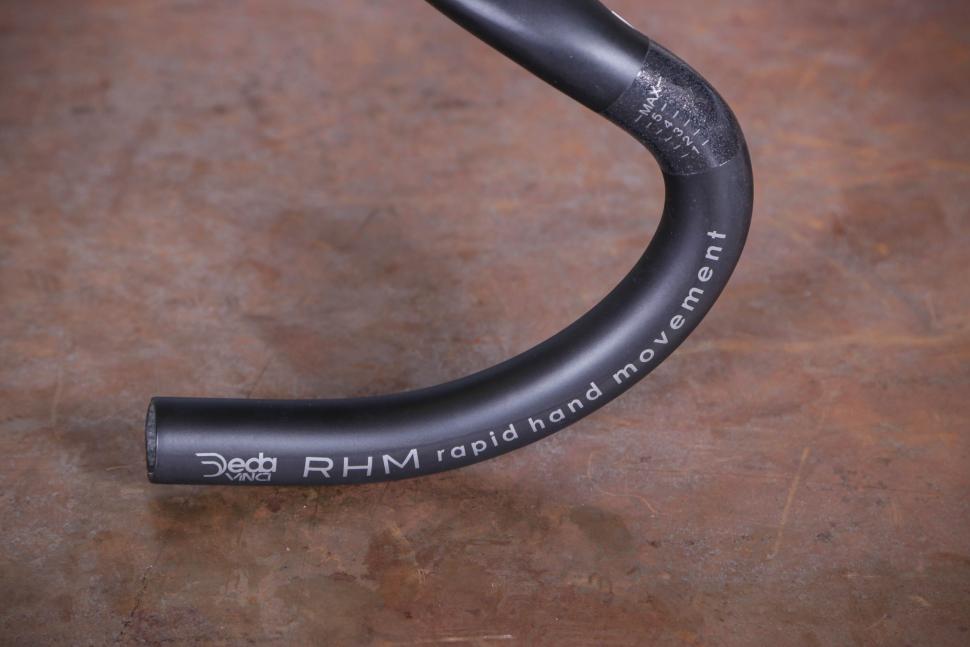
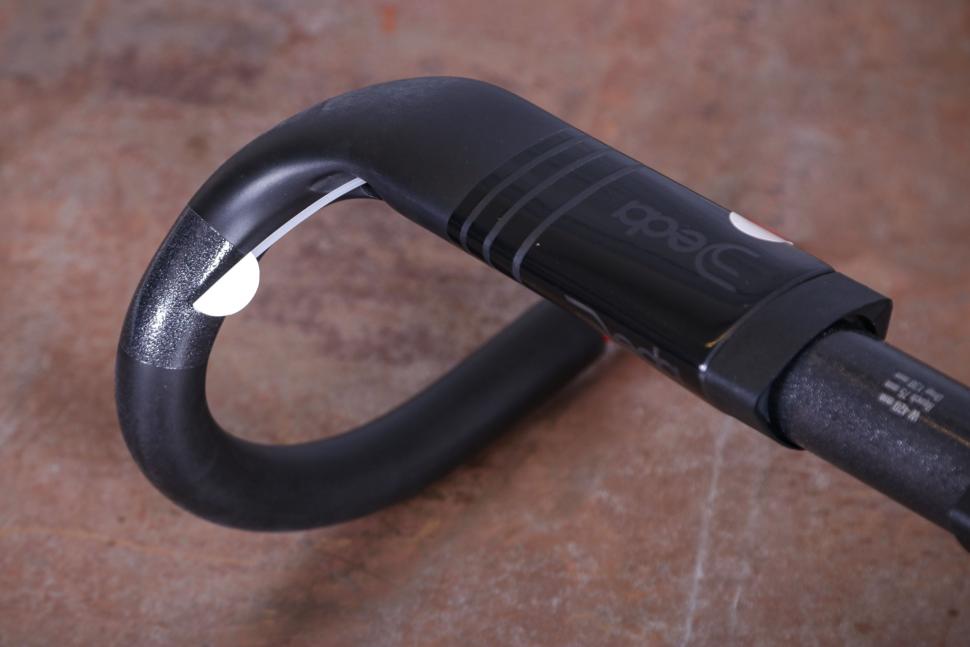

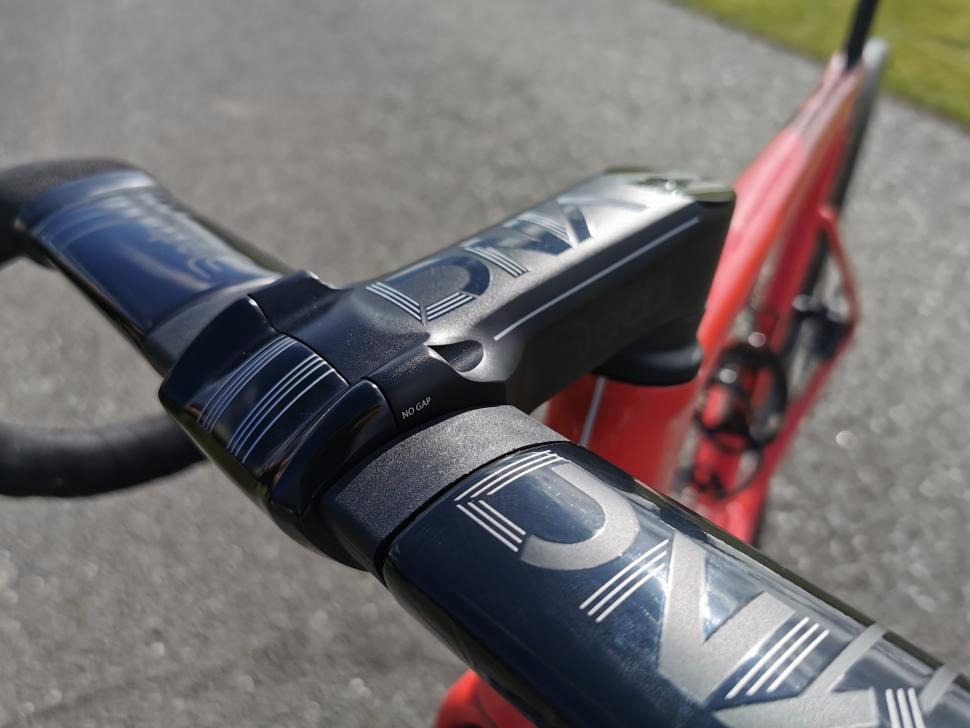
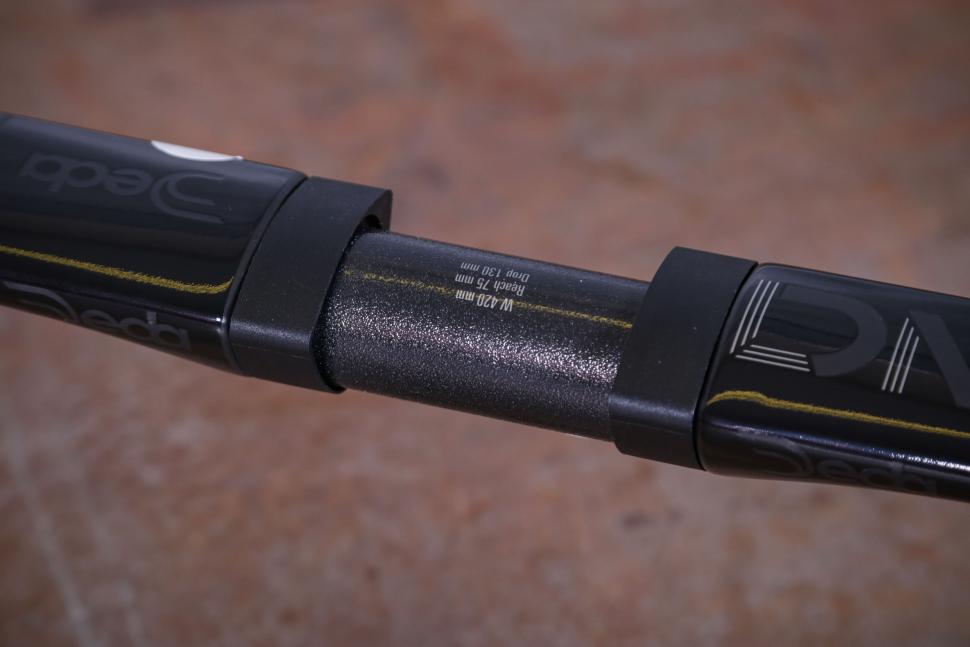

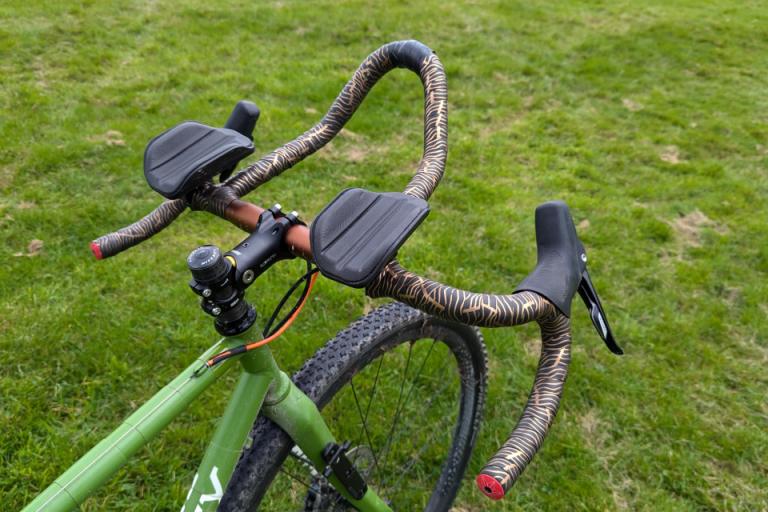
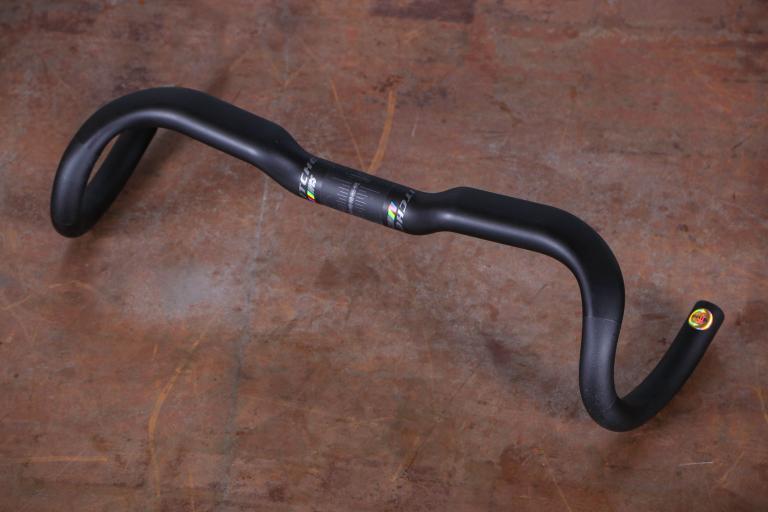
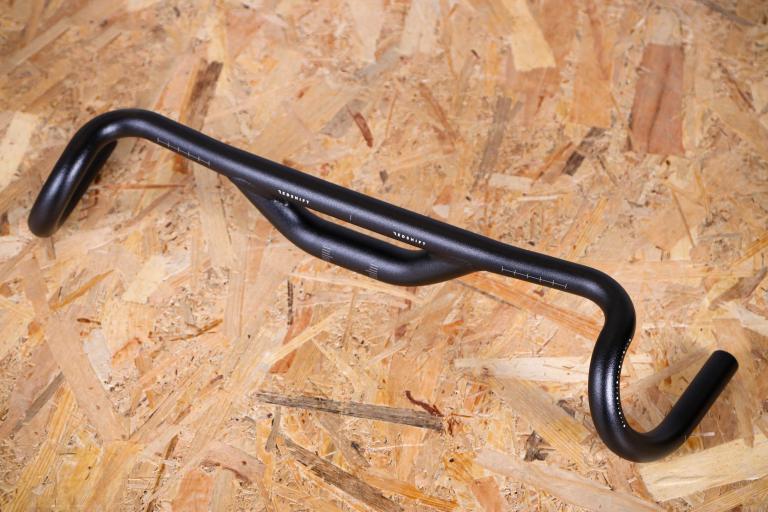
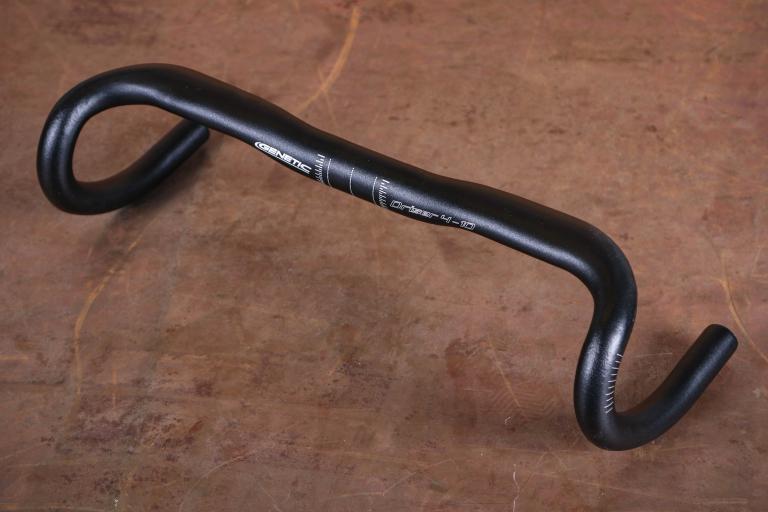
Add new comment
1 comments
Why all the ugly logos?